In a recent publication in the Telecommunicaion Policy Journal, Programme manager Anastasius Gavras, Eurescom contributes to present the concept of Key Value Indicators (KVIs) as a method for analyzing the values-related outcomes stemming from ICT developments. Leveraging established definitions, frameworks and value identification methods, the paper proposes a structured KVI framework tailored to the ICT research and development (R&D) sector. The proposed framework comprises five steps, starting from the use case-related identification of values to the assessment of value outcomes. ICT-enabled smart cities are analyzed as an example use case to illustrate how this framework can be applied. The KVI framework is aimed to be a useful tool for the ICT research sector (to be used – primarily but not exclusively – by ICT research projects and programs) to address social challenges in technology design and development phases and to identify and estimate value outcomes from technology use. In addition, the proposed framework aims to assist policy makers to establish value-related targets and set requirements and conditions for ICT developments.
If this interests you and you seek for an exchange then feel free to drop a mail to .
You can download the publication here
Keywords
6G Technology, technological advancement, Key value indicators, Impact, Research development

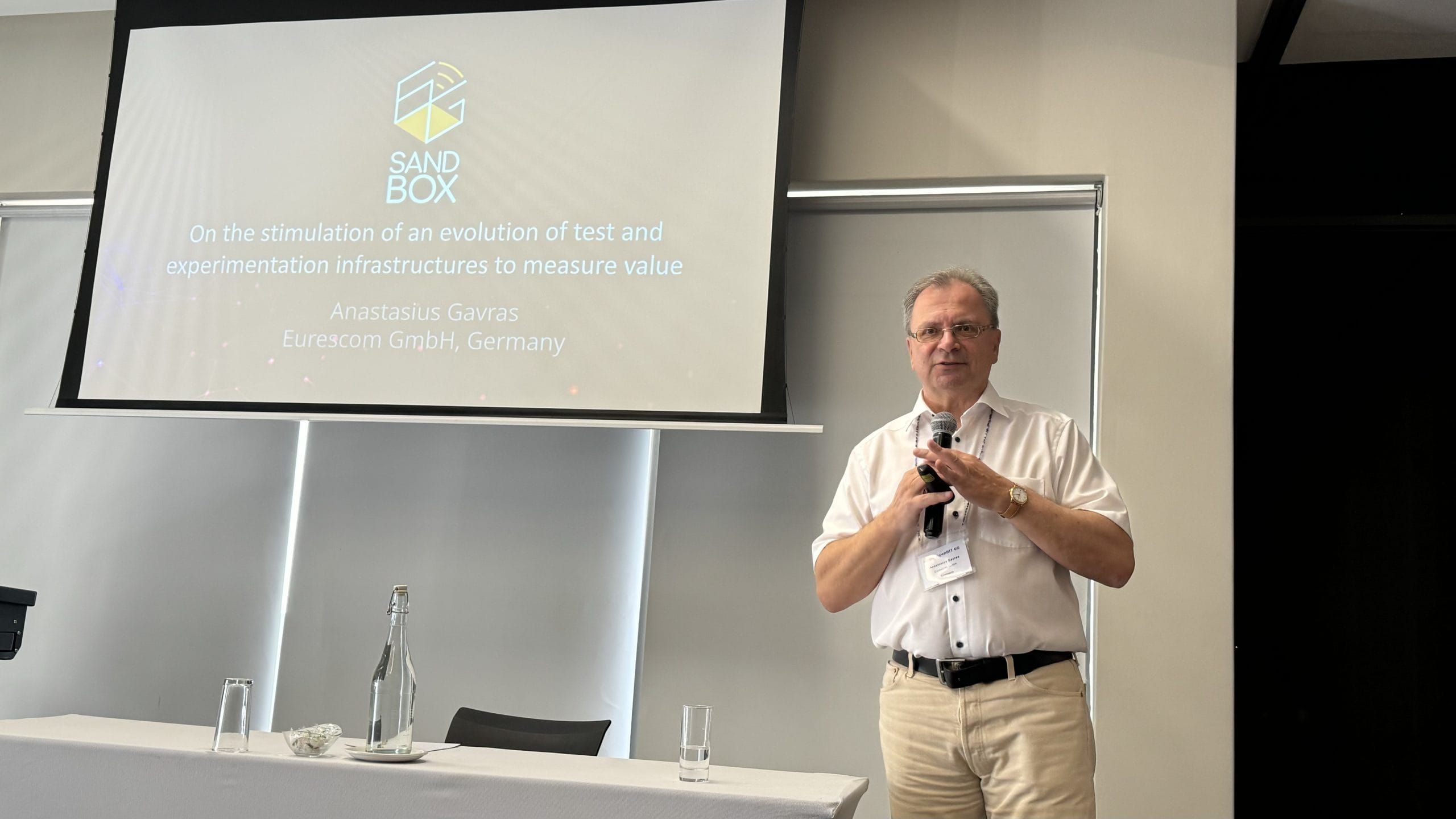

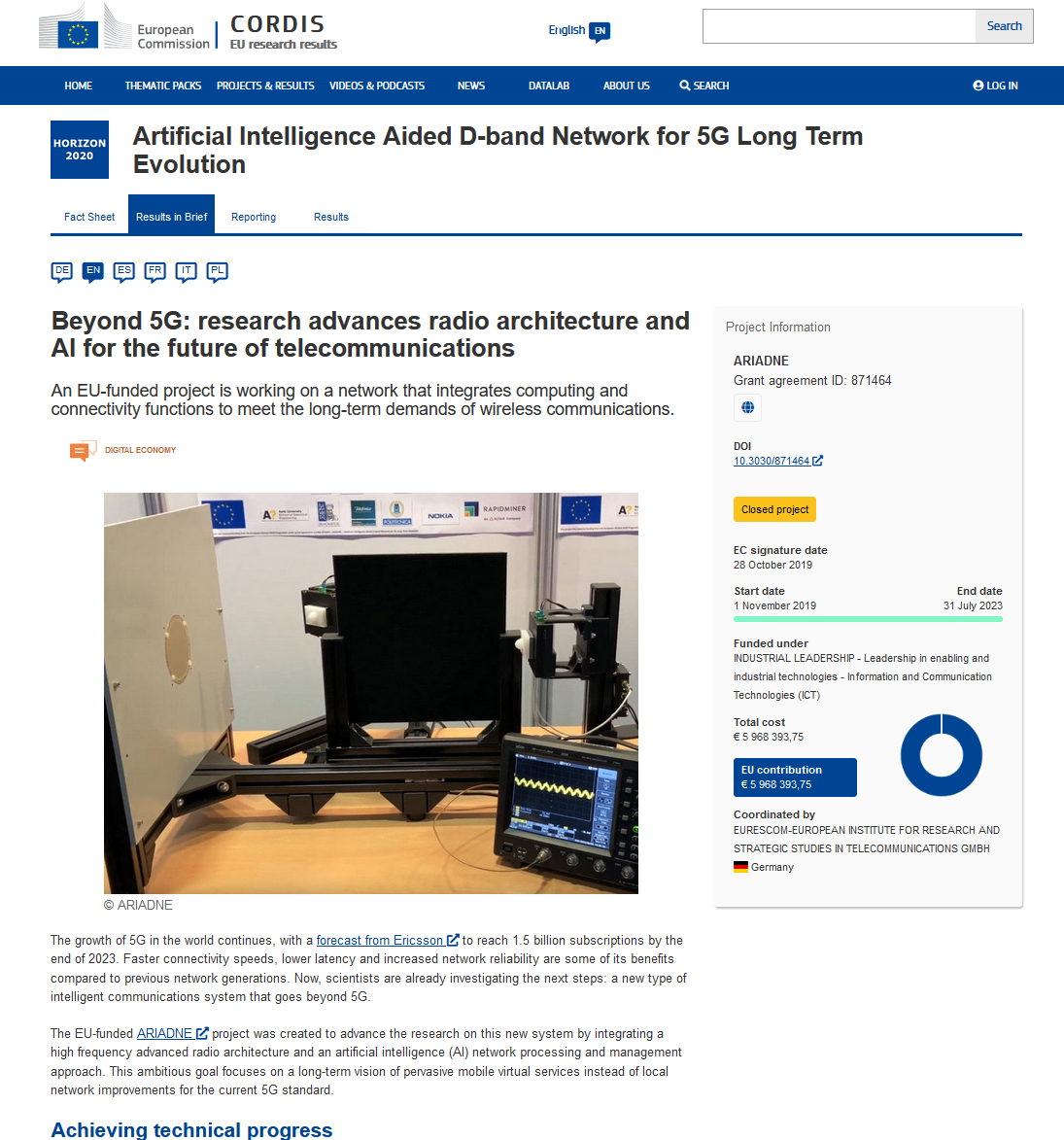


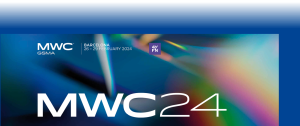
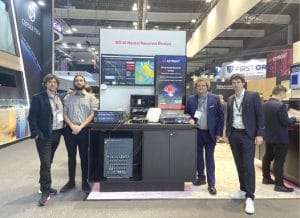
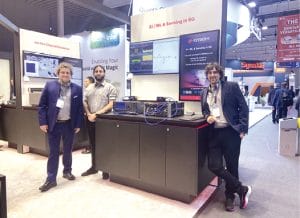
 OPTI-6G at the MWC 2024
OPTI-6G at the MWC 2024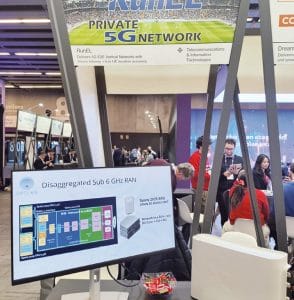
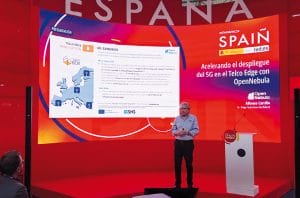
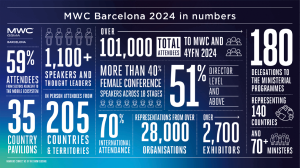
 Further information
Further information